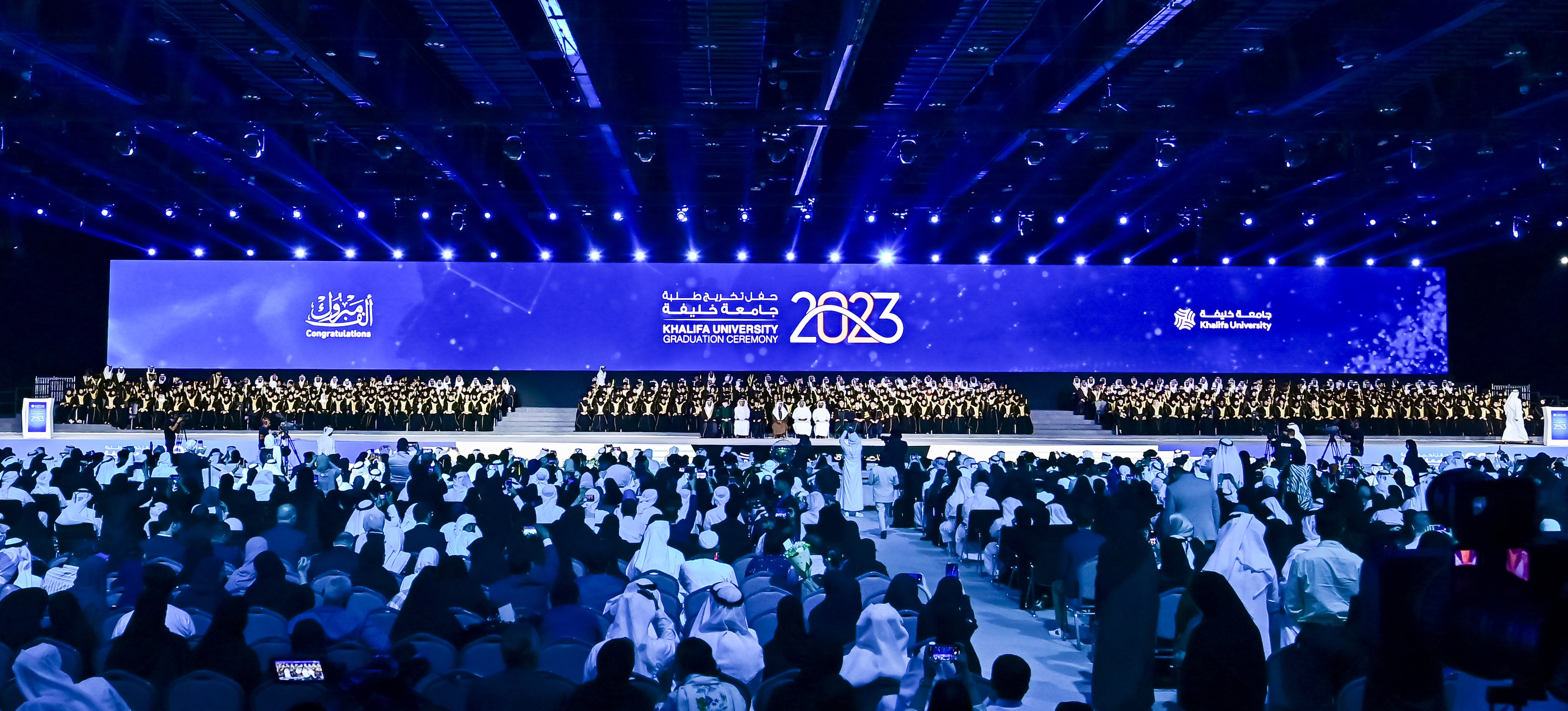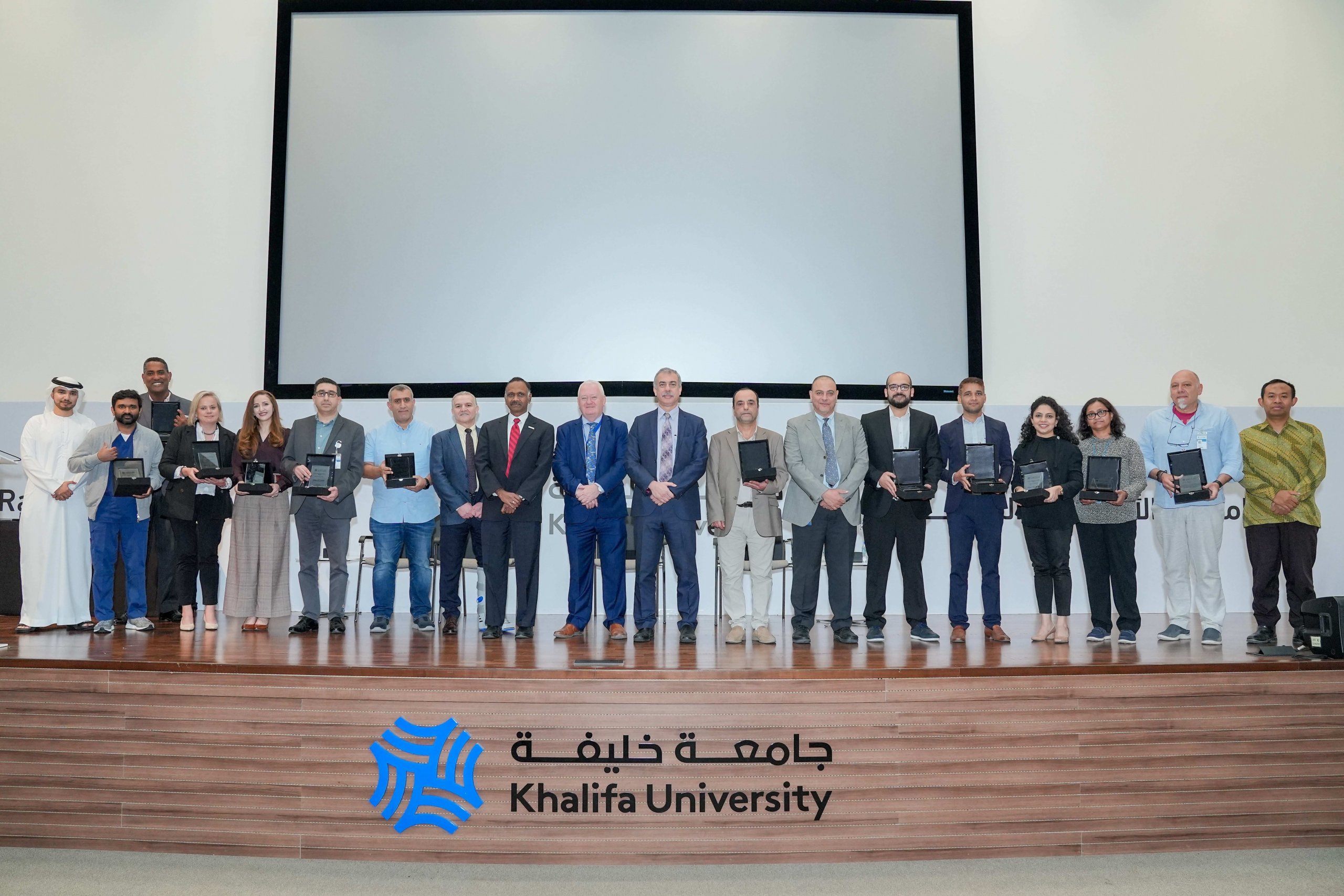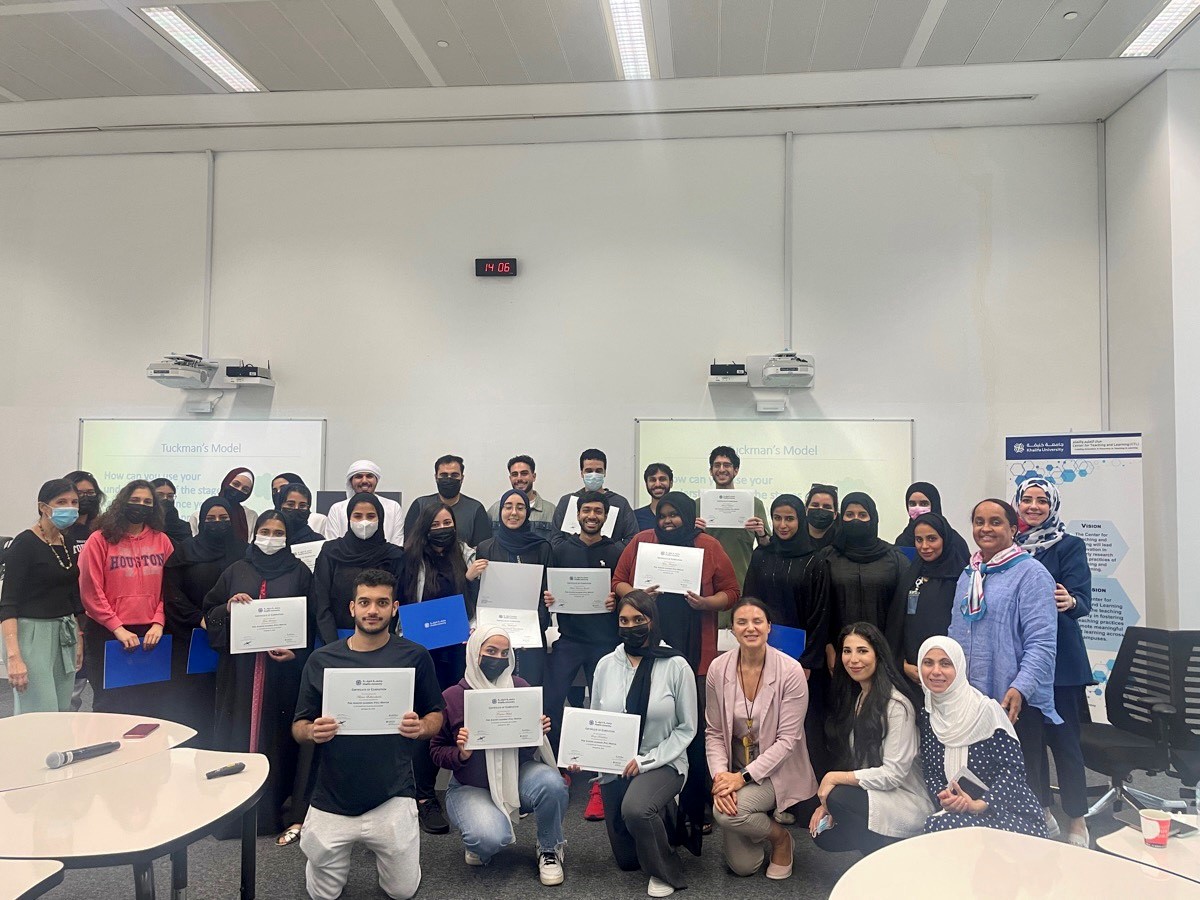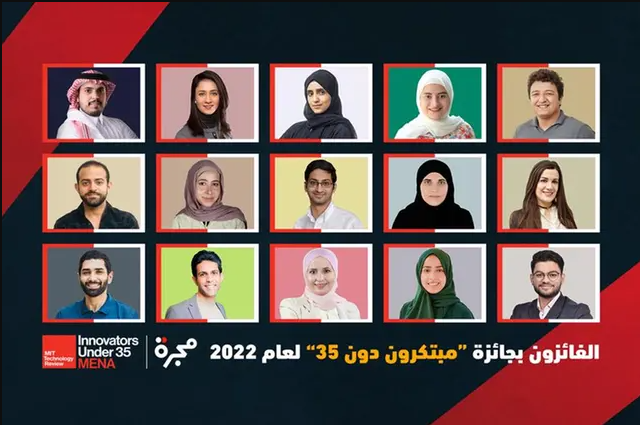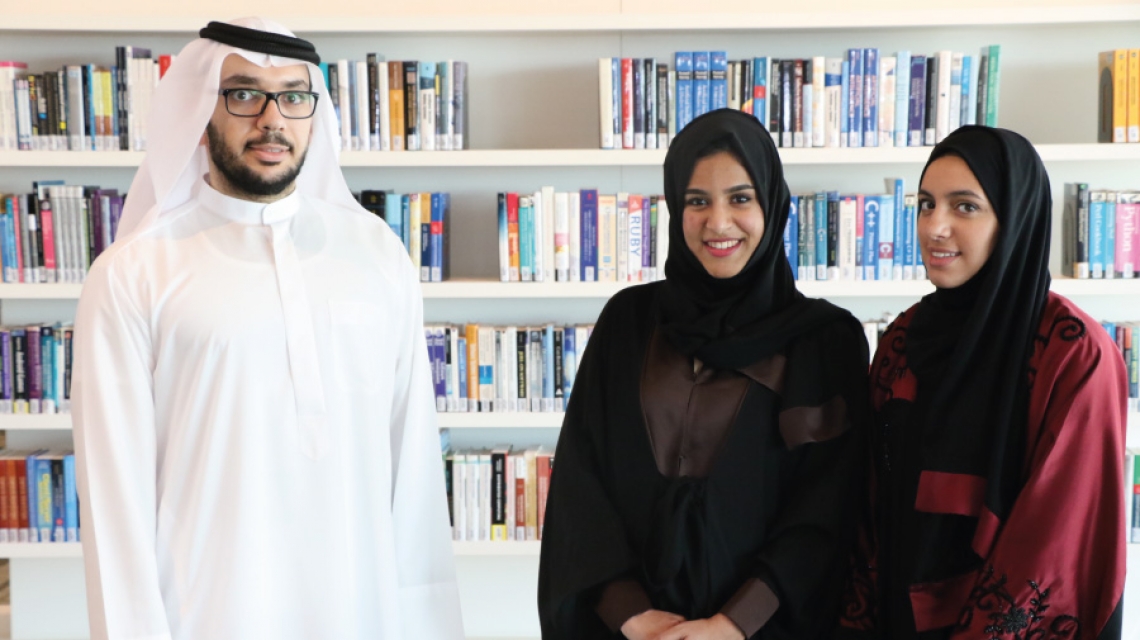
Masdar Institute PhD student Ahmad Alozn has returned from teaching a workshop on solar chimneys at the Massachusetts Institute of Technology (MIT), making him the first Masdar Institute student to teach a for-credit course at the world renowned university.
The workshop was taught during MIT’s annual Independent Activities Period (IAP) – a special four-week term held each January at MIT where students can participate in a variety of activities including lectures, non-credit activities and for-credit courses.
The two-week course, titled “Electric Cities,” was designed in collaboration with researchers from the Singapore University of Technology and Design (SUTD) and Dr. Reinhard Goethert, MIT’s Principal Research Associate in Architecture and Director of the Special Interest Group in Urban Settlement (SIGUS).
MIT is Masdar Institute’s leading academic partner and has played a key role in its establishment and development. Through the MIT and Masdar Institute Cooperative Program, the two institutes conduct joint research in areas that include water, energy, climate and sustainable infrastructure. The Cooperative Program also sends a select number of Masdar Institute PhD students to MIT each semester through the Masdar Institute-MIT Student Exchange Program.
Alozn participated in the student exchange program during the 2015 spring term, where he completed a course taught by Dr. Goethert on Urban Settlement. The experience inspired him to develop a workshop on the issue of sustainable buildings, which he did with the support of Dr. Goethert and Dr. Amal Al Ghaferi, Interim Dean of Students and Assistant Professor of Mechanical and Materials Engineering at Masdar Institute.
Alozn’s leading role in the MIT workshop reflects a key accomplishment of the Masdar Institute-MIT partnership, which aims to cultivate high-caliber human capital in both institutes through the sharing and exchange of research and ideas. The workshop demonstrates how the partnership between Masdar Institute and MIT is continuously expanding and evolving to strengthen the core values that underlie both institutions.
“Masdar Institute’s participation in developing and teaching this rigorous workshop serves to demonstrate the strong academic collaboration between MIT and Masdar Institute,” Alozn shared. “It shows that MIT recognizes the high-caliber of Masdar Institute students and faculty and believes that Masdar Institute can add value to their education process.”
Alozn was joined by two Masdar Institute Master’s students – Fatma Al Showab from Engineering Systems and Management and Meera Al Mheiri from Mechanical and Materials Engineering – who served as mentors during the workshop and worked closely with the students to monitor their progress and assist them in their learning.
The workshop was divided into two streams, both of which focused on transforming buildings into energy generators and re-designing urban areas into sustainable cities. The first stream, which was led by Dr. Martin Scoppa, Post-Doctoral Fellow at SUTD, and Dr. Goethert, was focused on urban design of cities with buildings that are able to generate electricity; while the second stream, which was led by Alozn, was more technical in nature, and focused on testing airflow characteristics from different solar tower configurations using scale models.
Each stream was attended by four students from MIT and SUTD. Al Showab mentored students in the first stream, while Al Mheiri mentored students in the second stream.
The session taught by Alozn included lectures and hands-on experiments on the topic of solar chimneys – a type of clean energy-generating system that can be integrated into urban structures, which if implemented on a city-wide scale, could transform cities from the energy drains they are today into self-sufficient clean energy producers.
Alozn instructed the students on how to build and test solar chimney models. Together, the class explored various ways to maximize the solar chimneys’ power generation capabilities.
During the workshop, Alozn and his students examined the possibility of converting an existing old chimney in West Concord, Massachusetts, USA, into a solar chimney, and issued a technical proposal to the owner of the structure for potential future collaboration.
“The students possessed different academic backgrounds, so I took a multidisciplinary approach to deliver the technical information needed to perform the workshop – a skill that we have developed very well at Masdar Institute,” Alozn said.
“Upon completion of the workshop, the students not only gained knowledge about solar updraft and prototype building, but they also gained critical thinking and problem solving skills, which are handy tools in any other area,” he added.
The partnership between Masdar Institute and MIT will continue to provide valuable exchanges, including research and learning opportunities, for both institutes, while contributing to the development of human and intellectual capital in the area of advanced energy and sustainable technologies.
Erica Solomon
News and Features Writer
28 January 2016



